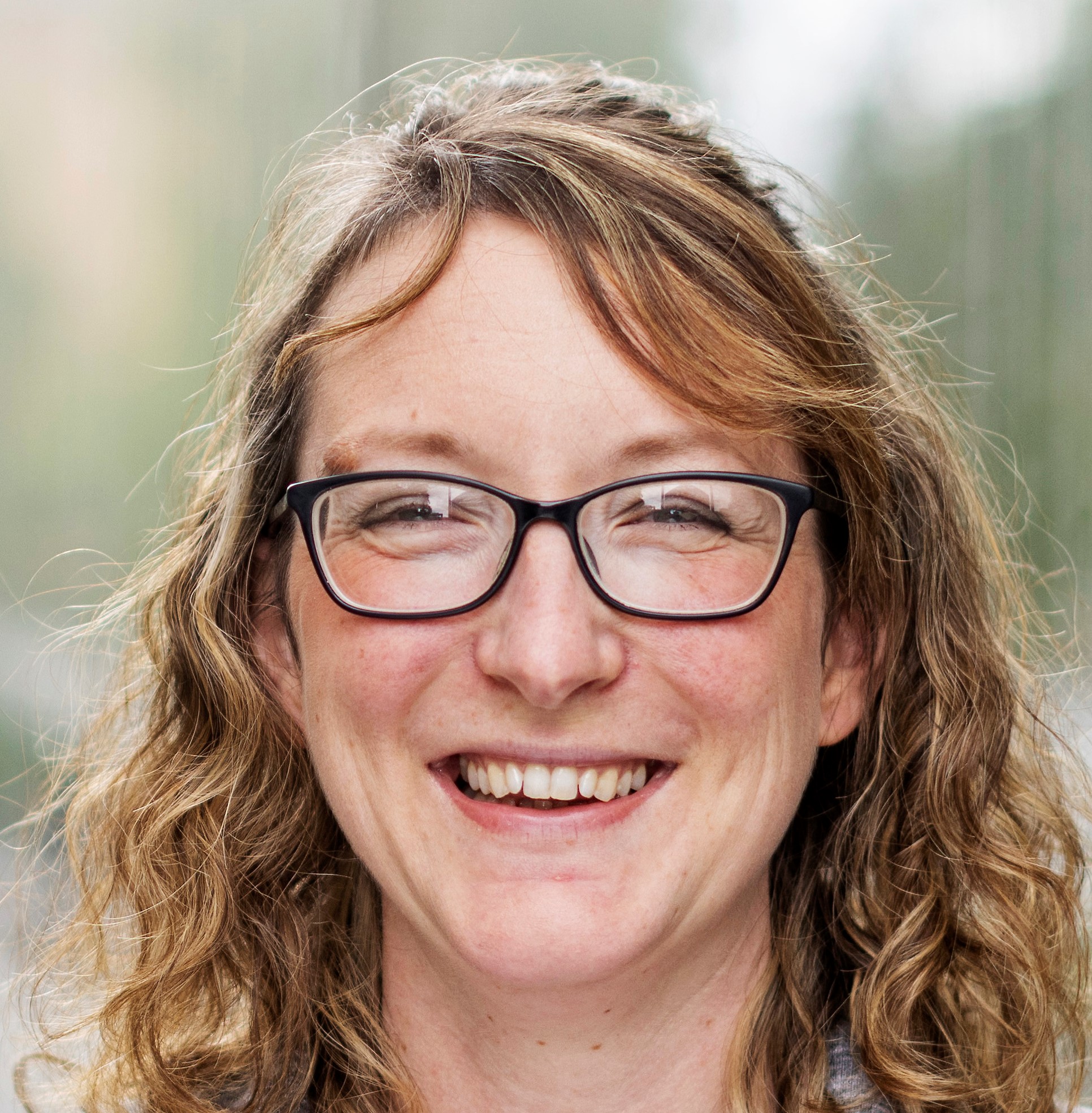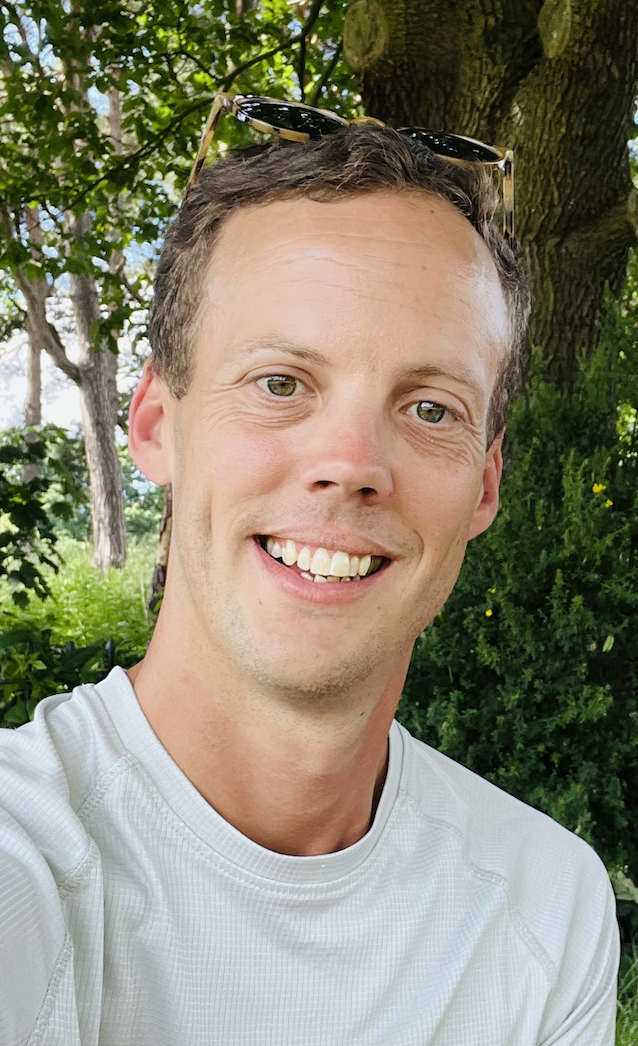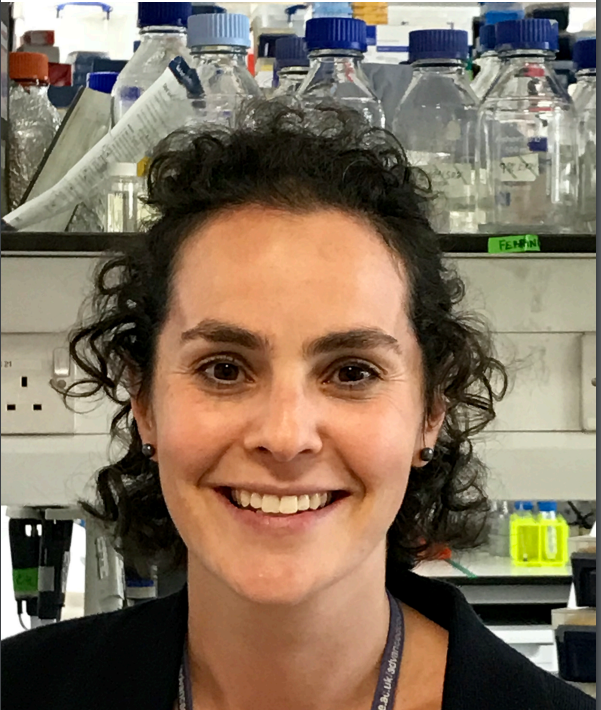Promotion Stories
Ahead of the deadline of this year’s Academic Promotions Round on 31 January, we wanted to introduce some of the colleagues who have successfully applied for promotion and share their career stories to showcase how diverse the academic career path can be.
Congratulations to those who have been promoted last year, and we look forward to another outstanding set of applications in 2024/25.
Dr Sasha Howard, Wellcome Trust Clinical Research Career Development Fellow, Clinical Reader and Honorary Consultant in Paediatric Endocrinology
I am a clinical academic paediatric endocrinologist, with a specialist interest in pubertal disorders and reproductive endocrinology. I have been part of Queen Mary and Barts Health on and off since my SHO training and first undertook research within the Centre for Endocrinology at Queen Mary during my PhD, under the supervision of Professor Leo Dunkel. It was at this point that I really understood the joy of research and was fascinated by what drives puberty and how to improve the care for children with early, late and disordered puberty.
Since becoming a PI in 2021, I have worked 80 per cent in clinical academia and 20 per cent in clinical practice as an honorary consultant at the Royal London Hospital. I am supported by a Wellcome Trust clinical research career development fellowship. In my role I carry out translational research into disorders of human puberty, supervise a growing research group, teach, lecture, mentor and work clinically. It is a very special and privileged role to be able to see children in the hospital, return to the lab to try to answer the questions that they pose, and then attempt to take this knowledge back to the patients to improve their clinical care. I’m also part of the clinical academic training school (CATS) at Queen Mary, looking after the junior doctors undertaking an integrated academic training pathway, and value my role in supporting the next generation of academic doctors.
I was promoted in the last round from senior clinical lecturer to clinical reader. I received fantastic support from my line manager Professor Marta Korbonits, colleagues and mentors in preparing my application. For me the important aspects were early discussions about what the application process involved, researching what the expectations are for each promotion threshold – the Queen Mary webpages on this are very helpful – and writing several drafts of the application with input from trusted colleagues with experience of the process (especially Professor Leo Guasti) to finesse my application.
Having very recently been successful in securing NIHR funding for a UK-wide prospective trial - the PinG study - investigating the best treatments for adolescents and young men who are not able to go through puberty, the start of my clinical readership will be a busy one. However, this is a very exciting opportunity and one which I am passionate about, as it has the potential to make a huge and positive impact on young people living with a rare disease.
Professor Lesley Howell, Professor in Pharmaceutical Chemistry and Education

I am now a Professor in Pharmaceutical Chemistry and Education, I’m also the Director of Education for the School of Physical and Chemical Sciences. I’m on the teaching and scholarship track here at Queen Mary and have been since I joined as lecturer in 2017.
The process of applying to an academic promotion always takes longer than you expect and so having learnt from previous promotion rounds I began to think about this application a few years ago. Specifically, I have been working with my mentor on building a strong case and ensuring I met the threshold criteria. During mentor meetings we would discuss my roles and responsibilities and any projects I was currently involved in and align them with the framework. This really helped to identify areas where I needed to put more effort and those that had plenty of examples to use. My mentor was a key person in championing my application and encouraging me to apply and has become one of the biggest inspirations in my career. I have learnt so much over the past three years about myself, my leadership style, educational leadership and the higher education landscape all of which has contributed to my promotion.
I am still very much involved in the Peer-Led Team Learning (PLTL) project. PLTL takes a workshop-based approach to student learning where students in the year above facilitate workshops. These students are referred to as Peer Leaders and I mentor the Peer Leaders for Pharmaceutical Chemistry. It’s a project I am incredibly passionate about and get a massive sense of achievement from. All students benefit at some level from PLTL. For teaching and scholarship colleagues I would also recommend getting involved with the Queen Mary Academy in any capacity.
Dr Sam Miles, Reader in Medical Sociology

I am a Reader in Medical Sociology in Barts and The London School of Medicine and Dentistry, which is on Queen Mary's Whitechapel campus. Our department runs the MBBS medical degree, which is a huge course with some brilliant students. I complement their clinical teaching with social sciences teaching they need to know to practice good medicine: public health; sociological determinants of health such as gender or ethnicity; and healthcare for marginalised groups. I split my time between teaching, management of teaching, and research.
When I applied for promotion to Reader, I read the guidance documents and found them useful in laying out what I needed to do to show I matched their requirements in each area. They provide a framework so you can see which areas you already match up to and which areas you need to develop your skills in more before application.
I had completed my Senior Fellowship of the Higher Education Academy (SFHEA) the previous year and that was a great exercise in showing to myself the different parts of my job - it's something I wouldn't have been able to articulate had I not completed the SFHEA (this goes for any level of HEA membership - it's an all-too-rare chance to think reflectively about who you are as an academic, and your academic practice). I was able to build on my work in SFHEA for my promotion.
It took quite a long time to develop the promotion application (keep your CV updated...don't wait until promotion time!) but Jo Martin, my Department Director, was very encouraging and supportive.
I was so happy to receive news that I'd been promoted. Sometimes that external, formalised recognition is exactly what we need to motivate ourselves and celebrate our individual journeys.
I've been inspired by lots of people in my career, but I think often of Helen Bamber, my former boss at Helen Bamber Foundation where I worked before, I returned to academia in 2012. She was an incredible, formidable psychotherapist who worked with holocaust survivors from 1945 in Germany, before co-founding Amnesty International in 1961 and then founding Freedom from Torture. She died in 2014, and she worked almost until then with vulnerable clients, every day.
I would recommend anyone thinking about academic promotion to read any/all Queen Mary guidance closely so you know exactly what each level is looking for.
Professor Sanmeet Kaur Dua, Professor of Legal Education
I have been interested in public speaking from a young age and, I consider myself as someone who diplomatically challenges different viewpoints. These qualities led me to study Law.
As someone from east London, I chose to study at Queen Mary. I was fortunate enough to be supported by my family as university education was not accessible for many who studied at my school in east London. I graduated with a degree in English and European Law which included a year of study abroad. My degree gave me the opportunity to qualify as a barrister. I later moved into lecturing where I started out researching in state aid law. I then moved into developing scholarships focusing on supporting students developing legal skills.
I returned to Queen Mary as a senior lecturer in 2019 and have since been engaged in many projects that have allowed me to develop my academic profile. I have been the Director of Education for Law since 2022 as well as a lead assessor for the OfS since 2023. Experiences such as these have encouraged me to develop and steer the education agenda of the department and given me the confidence to navigate the promotion framework on the teaching and scholarship profile. I am incredibly proud to say that I am the first Asian female Teaching and Scholarship Professor in the Department of Law.
My biggest inspiration are the students who challenge and motivate me to approach issues from an innovative perspective. I am also fortunate to have colleagues who I learn from every day.
